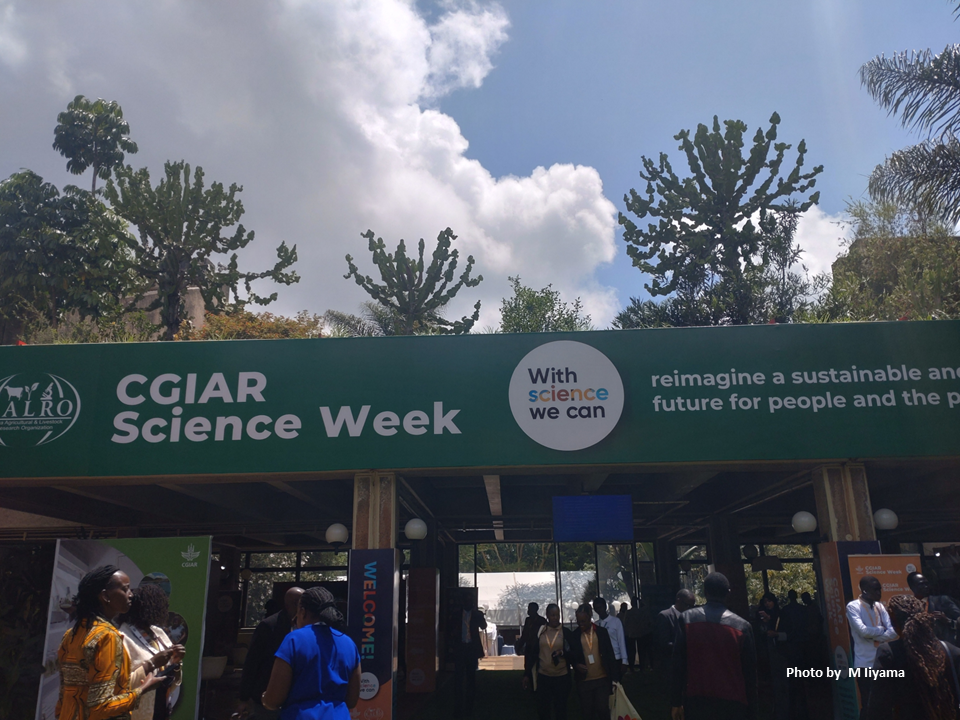Pick Up
1242. Bridging the Gap Between Science and Policy

1242. Bridging the Gap Between Science and Policy
The role of food systems science is more necessary than ever in policy formulation to rapidly respond to challenges such as climate change, conflict, biodiversity loss, and hunger. However, for many policymakers, applying science often seems problematic due to a lack of appropriate data and information, as well as clarity and practicality.
As part of its efforts to connect science to policy, CGIAR, the world's largest global agricultural innovation network, launched its flagship report (Insight to Impact: A Decision-Maker's Guide to Navigating Food System Science) at CGIAR Science Week in Nairobi, Kenya, in early April. The report brings together data and innovations curated from decades of research to provide practical, actionable guidance for decision-makers and investors working to build resilient and sustainable food systems, especially in low- and middle-income countries.
From helping farmers adapt to climate change to expanding access to nutritious food and sustainable livelihoods, the report answers questions frequently raised by policymakers and provides examples of practical solutions based on science and tested in real situations.
For example, the following cases were presented as examples of how improved crop and livestock varieties have delivered triple benefits in terms of nutrition, income, and climate resilience: In Pakistan, zinc-enriched wheat was provided to over 100 million people per year, increasing zinc intake by 21%, helping to address widespread zinc deficiency among women and children. In Ethiopia, tailor-made fertilizer advice for slope, soil health, and climate helped farmers increase crop yields by up to 29% and incomes by up to US$270 per hectare, an initiative now in 23 districts and being scaled up. Smart rice water management in Vietnam has trained over 33,000 farmers in climate-smart techniques that reduce methane emissions and water use without compromising yields; these techniques are now integrated into Vietnam’s climate policy.
As the triple challenge of poverty, inequality, and unemployment mounts around the world, the ability to use cutting-edge science, technology, and innovation to inform decision-making at all levels is crucial. The researcher in charge of the report stated the importance of scientists and policymakers sharing the idea of co-creating solutions, and emphasized CGIAR's commitment to bridging science and decision-making in addressing issues in various regions of the world.
(Reference)
CGIAR System Organization. 2025. Insight to Impact: A Decision-Maker's Guide to Navigating Food System Science. Montpellier, France: CGIAR System Organization. https://www.cgiar.org/flagshipreport2025
Contributor: Miyuki IIYAMA, Information Program
